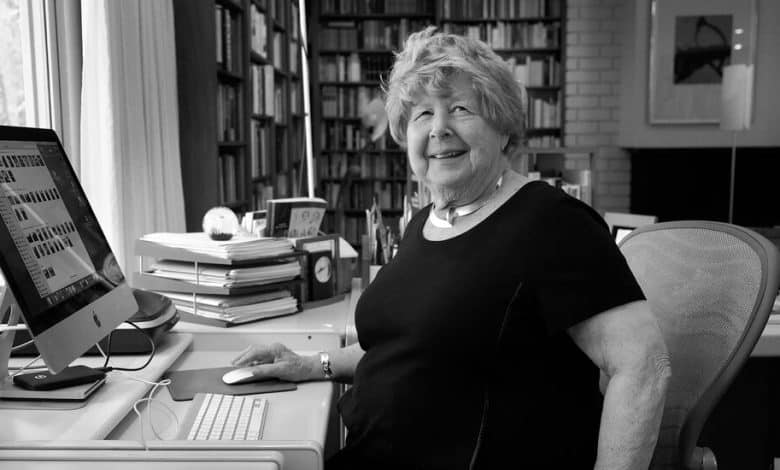Marjorie Perloff, Leading Scholar of Avant-Garde Poetry, Dies at 92

Marjorie Perloff, whose incisive, at times idiosyncratic readings of avant-garde artists like Ezra Pound, John Cage and John Ashbery made her one of the world’s leading scholars of contemporary poetry, died on Sunday at her home in the Pacific Palisades neighborhood of Los Angeles. She was 92.
Her daughters, Carey and Nancy Perloff, confirmed the death.
Professor Perloff, who spent the latter part of her career at Stanford University, made her name as a forceful advocate for experimental poetry, reaching back to early 20th-century writers like Pound and Gertrude Stein and embracing more recent movements like Language poetry and conceptual poetry.
Such work is sometimes dismissed as intentionally difficult, but Professor Perloff managed to parse and explain it in clear, jargon-free books and essays for both academic and general-interest readers. She argued that a critic’s task was not to search for meaning, but to explicate the form and texture of a poem.
“Many people faced with difficult, abstract, nontraditional writing don’t know what to say,” Charles Bernstein, a poet and professor emeritus of English at the University of Pennsylvania, said in a phone interview. “She’d make it familiar, she’d solve the puzzle, to some degree.”
Though she taught in some of the top literature programs in the country and served a term as president of the Modern Language Association, her field’s leading professional group, Professor Perloff was considered something of an outsider in the way she approached poetry and in the writers she chose to champion.
